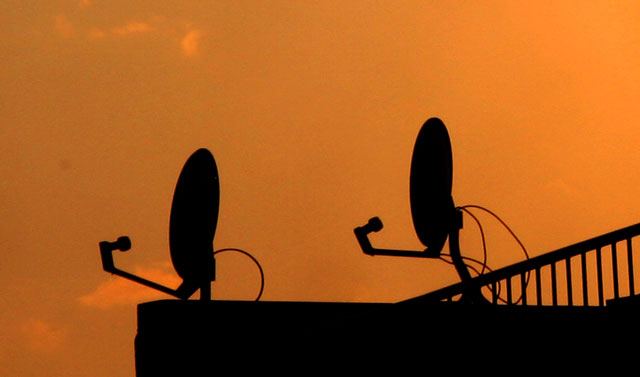
Pay-television operator MultiChoice is facing an investigation by Botswana’s Competition Authority over whether its prices and the way it structures its channels amounts to anticompetitive behaviour.
According to a report, the decision to launch the probe follows a complaint laid by a member of the public who accused the South African-headquartered company of abuse of a dominant position, which is illegal under the Southern African nation’s competition laws.
As in other markets, MultiChoice, a subsidiary of JSE-listed media, Internet and e-commerce giant Naspers, offers consumers a range of channel bouquets and does not let them cherry-pick the channels they want to subscribe to.
“I think MultiChoice is directly or indirectly imposing unfair purchase or selling price[s] on us. Their price increases every year are so unjustifiable and they are refusing to split their channels so that consumers can purchase the content they need,” the complaint to the Competition Authority reads.
In South Africa, MultiChoice, which owns M-Net, SuperSport and DStv, may also face a probe by the competition authorities following two complaints lodged against it at the Competition Commission. One of the complaints was lodged by a member of the public, while the other was submitted by On Digital Media, the troubled parent of DStv rival TopTV. Source: MmegiOnline
AccessKenya exempt from ownership rule
The Kenyan government has agreed to exempt AccessKenya Group, the Internet service provider recently acquired by South Africa’s Dimension Data, from a rule that requires 20% local ownership in companies based in the country.
Kenyan technology minister Fred Matiang’i agreed to the waiver. Didata is buying 100% of the company and plans to delist it from the Nairobi Stock Exchange.
Reports say AccessKenya is the second company to be exempted from the rule. The other is Bharti Airtel, which owns 95% of Airtel Kenya.
Didata has agreed to pay R326m for AccessKenya. Source: Business Daily Africa
Somalia attempts to regulate telecoms
Somalia is making an effort to control and regulate its chaotic telecommunications sector. The country intends introducing a telecoms bill, the first attempt to regulate the industry since the government of Siyad Barre was overthrown in 1991.
The bill will be tabled in parliament following discussions in Dubai between government and the private sector.
Information, posts and telecoms minister Abdullahi Elmoge reportedly commended the telecoms industry for the work they did during Somalia’s protracted civil war, but warned that the lack of regulation led to “misuse of our spectrum”. Source: Hirraan Online




